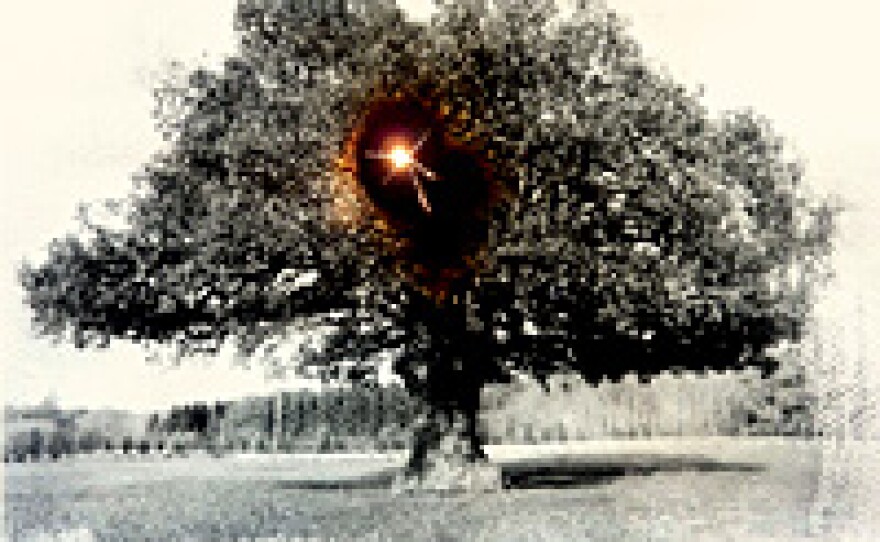There's a beguiling photo of Krzysztof Penderecki, who turns 80 today, inside the brochure of this week's Warsaw music festival that bears his name. It shows the lauded Polish composer standing in his immense garden, surrounded by a labyrinth of trees and shrubbery trimmed to symmetrical perfection.
In a way, it's emblematic of Penderecki's music: naturally vibrant, sensual and with a very personal sense of architecture.
If you simplified the last 100 years of music as a war between the forces of the atonal and the lyrical, Penderecki would be on the front lines of battle. He found fame, around 1960, as a forward-thinking avant-gardist, but later defected to the other side, looking back at the Romantics and even Bach for inspiration.
But that doesn't mean Penderecki's music adopted the rhapsodic sweep of someone like Rachmaninov. Much of his music is not for the faint of heart. With its viscerally intense drama (even in his non-stage works), this music occupies a sound world that can often be described as terrifying. Perhaps that's why Stanley Kubrick used so much of Penderecki's music to accent the horror in The Shining, the 1980 thriller that gave many listeners their first taste of the Polish master (even if they didn't know it at the time).
Whether you are a first-timer or a fanatic, here is a modest Penderecki primer. For those in the know, it's a chance to revisit some of the most extraordinarily passionate music of the last century. If you've never heard a note, open your ears — and hold on to your hat.
Copyright 2022 NPR. To see more, visit https://www.npr.org.









